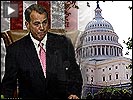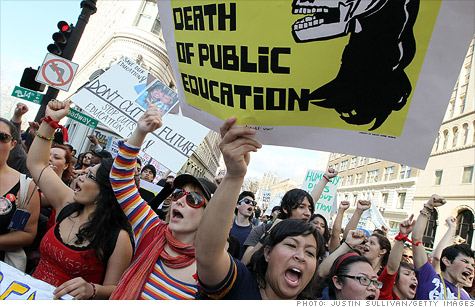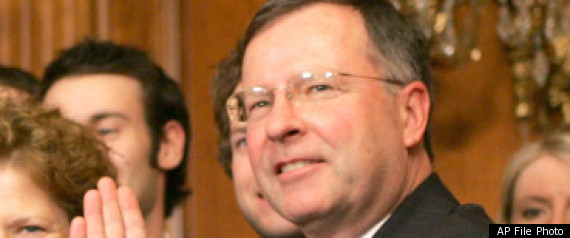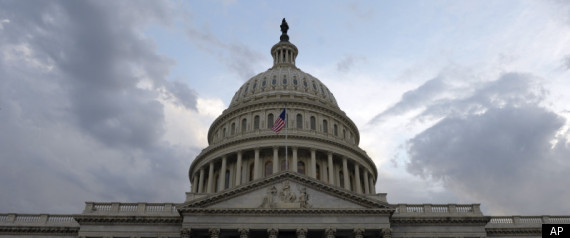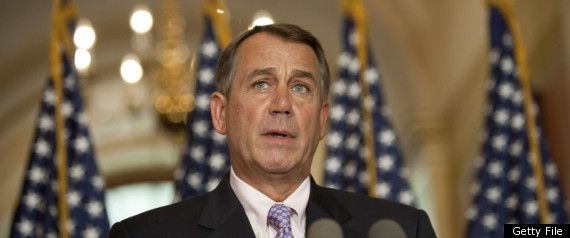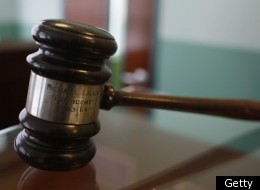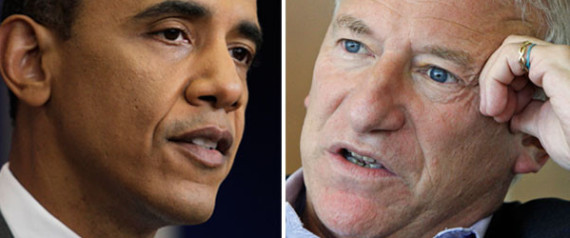 Nobel Prize economist and New York Times columnist Paul Krugman took it hard when the Republicans negotiated a better deal than the Democrats in the debt ceiling crisis. He accused Republicans of criminal conduct – “raw extortion” and “blackmail” – and blamed what he called “right-wing extremists” for the 11th-hour pact that prevented the U.S. from defaulting, in one way or another, on its debt. Indeed, he wasn’t sure that American democracy could long survive. “Maybe,” he said, “it can’t.” For his part, New York Times columnist Tom Friedman described the dissident Republicans as “the Hezbollah faction” of the GOP, intent on “a suicide mission.”
Nobel Prize economist and New York Times columnist Paul Krugman took it hard when the Republicans negotiated a better deal than the Democrats in the debt ceiling crisis. He accused Republicans of criminal conduct – “raw extortion” and “blackmail” – and blamed what he called “right-wing extremists” for the 11th-hour pact that prevented the U.S. from defaulting, in one way or another, on its debt. Indeed, he wasn’t sure that American democracy could long survive. “Maybe,” he said, “it can’t.” For his part, New York Times columnist Tom Friedman described the dissident Republicans as “the Hezbollah faction” of the GOP, intent on “a suicide mission.”Mr. Krugman and Mr. Friedman weren’t alone in violent apocalyptic lamentation. CNN host Fareed Zakaria deplored the “hijacking” of the nation by Tea Party legislators, presumably meaning the 66 Republicans who voted Monday against the bipartisan debt ceiling deal (as opposed to the 95 Democrats who voted against it). Mr. Zakaria denounced the Republicans as “fundamentally anti-democratic.”
“The Tea Party has an agenda,” he said. “It cannot get [its agenda] through the democratic process [so it has said that] ‘we’ll blow up the country if you don’t listen to us.’ ” He compared these Republicans to hostage takers and stridently accused them of treason: “They were not elected dictators of the United States.” And: “It’s a national emergency, almost like a war.”





